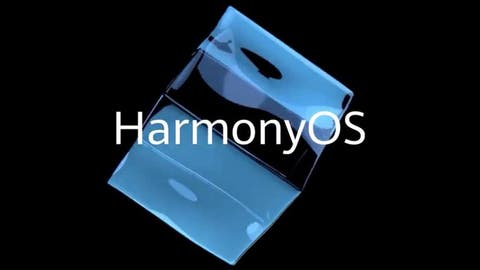Huawei officially announced that the 2020 Huawei Developer Conference ‘HDC Together’ will be held in Songshan Lake, Dongguan from September 10 to September 12. The first tickets will go on sale on August 3, today.
According to the forecast, this conference will bring rich content such as keynote speeches, technical forums, and industry leaders’ dialogues. It will also experience the charm of code with global developers at Codelabs. Also, we should see chat with Huawei experts one-on-one on technology and exchanges at Tech.Hour.
Also read: Harmony OS 2.0 Coming On September 11: It Will Include More Products
Although it is not stated explicitly, it is clear that this is the best time to officially unveil the highly anticipated Harmony OS 2.0.
In fact, when Harmony 1.0 was announced last year, Huawei made it clear that it would launch Harmony 2.0 in 2020 and continue to launch Harmony 3.0 in 2021. So this is not surprising but scheduled.
At the Huawei Developer Conference HDC 2019 in August last year, Yu Chengdong officially released the Harmony OS, a full-scene distributed OS based on a microkernel. This OS came with four major features: distributed architecture, natural smoothness, kernel security, and ecological sharing. It supports modular decoupling, and different devices can be deployed flexibly.
Harmony OS 2.0 Advantages
The Harmony system adopts the design concept of ‘micro-kernel’. This is different from the ‘macro-kernel’ of Android and other systems. It is the same operating platform, which is deployed for products with different hardware capabilities. Also, it adopts a distributed architecture to improve efficiency. The biggest advantage is that it can adapt to different screen sizes and hardware capabilities, develop multiple terminal applications at once, and maintain multiple app versions.
In terms of security, Harmony adopts a micro-kernel + outer-core design. The micro-kernel does not require root permissions. Also, the outer-core services are isolated from each other, thereby enhancing system security.
As for the overal performance, the Harmony system solves the problem of insufficient performance of the existing system by using two technologies – a definite delay engine and a high-performance IPC.
In addition, the Ark compiler will support multi-language unified compilation in the future, greatly improving development efficiency.
Also, Yu Chengdong once stated that Harmony is ‘of course, usable’ on smartphones and is ‘ready to use’. It is smoother, safer and more future-oriented than Android. But Huawei will give priority to the Android ecosystem.
